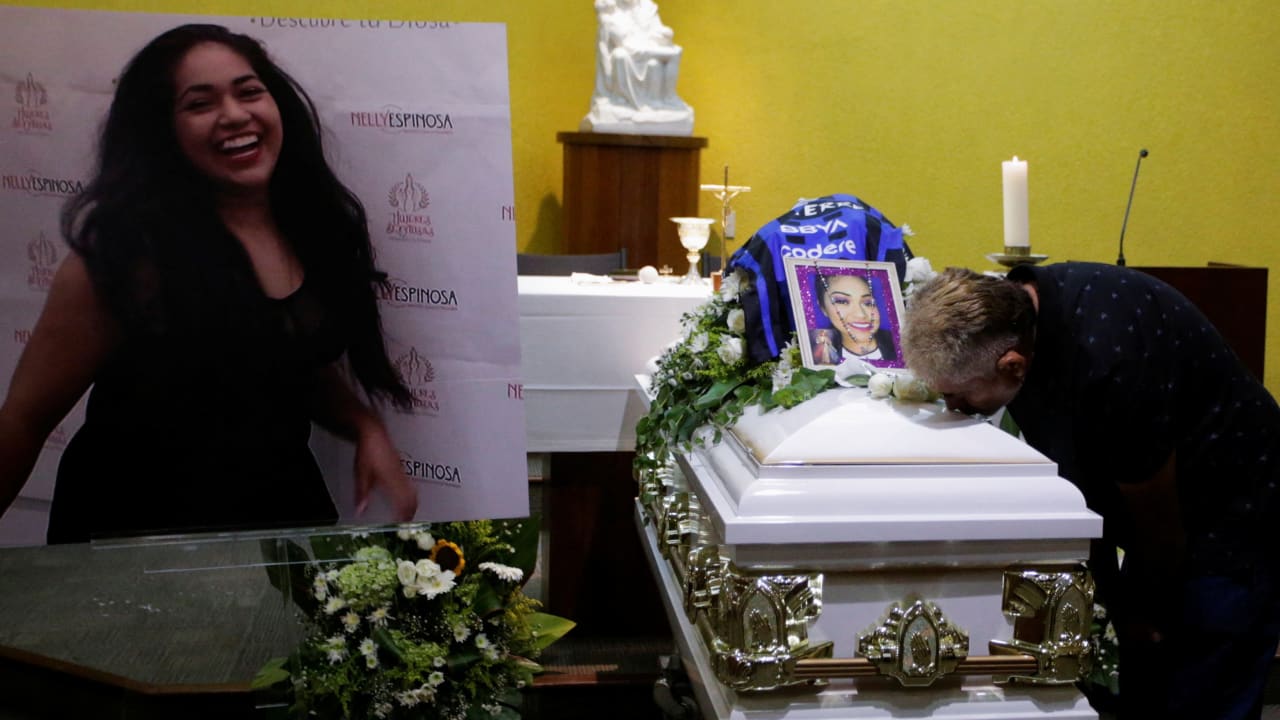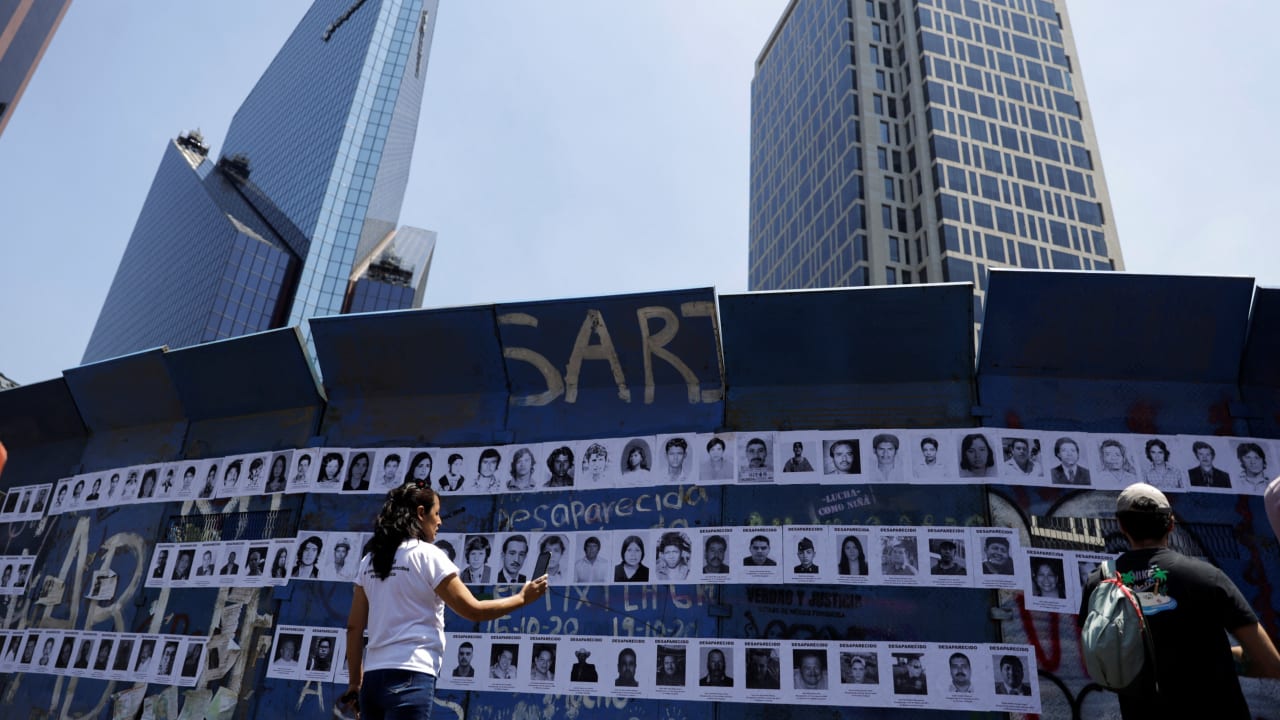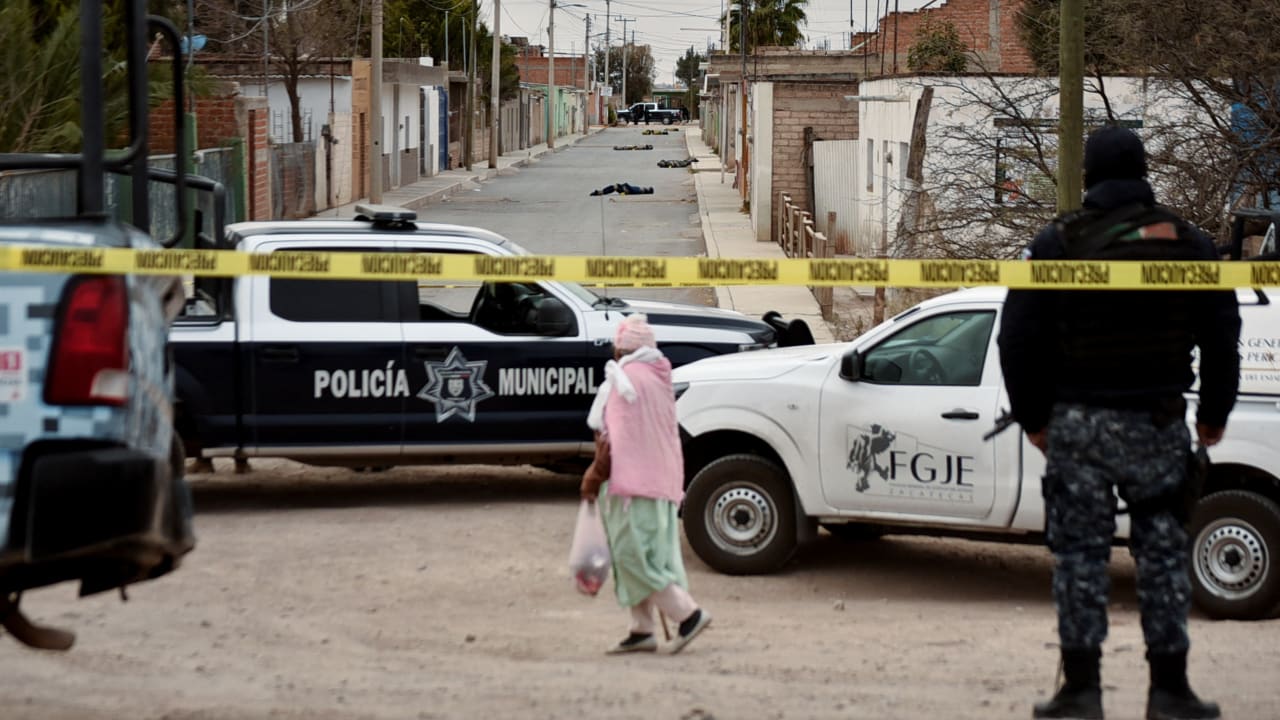JTFMax
For more than 15 years, a cruel war for dominance in the drug trade has raged in Mexico. It is the people who suffer. The gruesome record of the brutal gang fights 350,000 dead - and for the first time officially, more than 100,000 were reported missing.
The Mexican government reported this sad record number on Monday evening (local time) for the first time. Around 98 percent of the cases date from 2006, when the so-called drug war began, to the present day.

One in a hundred thousand: Yolanda Martinez was reported missing in March, and her body was found on May 8th
As the conflict with the powerful cartels was militarized, violence increased significantly. The official statistics are constantly changing, sometimes even slightly downwards. However, the actual number of missing could be much higher.
Making people disappear is mainly a tactic used by criminals and corrupt security forces. Victims’ bodies are often buried secretly or even dismembered and burned to cover tracks. This was what the UN committee called the "paradigm of the perfect crime" in its Mexico report in April. Impunity is "almost absolute.”
Local activists also say that the number of unreported disappearances is much higher: "We know that there are many others," said Lucía Díaz to the German Press Agency. "The numbers are based on reports - and reporting is not the norm."
She has been looking for her son Luis for nine years. At the age of 29, the DJ was kidnapped in the state of Veracruz. For fear of reprisals, many relatives shy away from going to the authorities, who often work together with criminal syndicates.

A wall full of unknown fates: Relatives of missing people hang photos of their missing loved ones on this wall in Mexico City.
There are around 52,000 unidentified bodies across Mexico. Many of these people are still wanted at the same time. Due to a lack of capacity and apathy from local authorities, the dead are often left lying in morgues and anonymous burial grounds. This is how people disappear for the second time.
Government officials and human rights organizations speak of a "forensic emergency.” International cooperation partners, including Germany, support efforts to strengthen the forensic medicine institutes.

Brutality in the Mexican drug war: In Fresnillo, on February 5, the Sinaloa cartel displayed ten corpses wrapped in carpets on the open street.
In 2014, the case of 43 students at the Ayotzinapa teaching school in the southern state of Guerrero caused an international sensation. They were detained by police officers and handed over to members of a drug cartel, who likely killed them. Only small pieces of bone from three of them have been found and identified so far.
 JustTheFacts Max
JustTheFacts Max![]() -
-
Arts & Culture -
Mexico
drugs
missing people
-
2.1K views -
0 Comments -
0 Likes -
0 Reviews
-
-
Arts & Culture -
Mexico
drugs
missing people
-
2.1K views -
0 Comments -
0 Likes -
0 Reviews
![]() 0
0
0
625
1
0
0
0
625
1